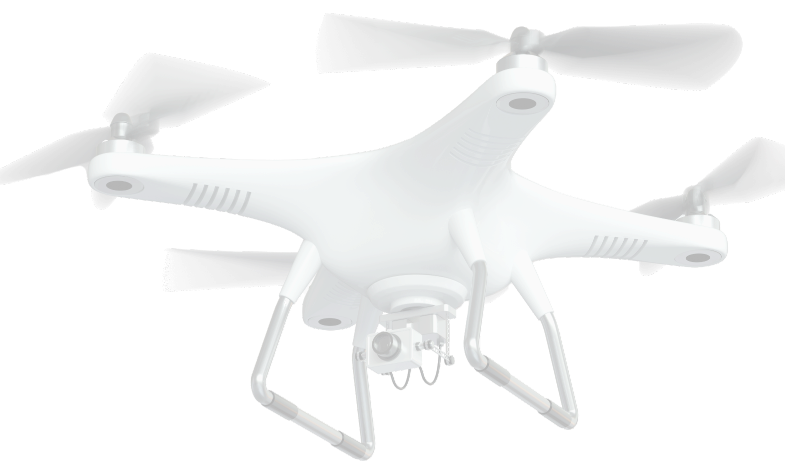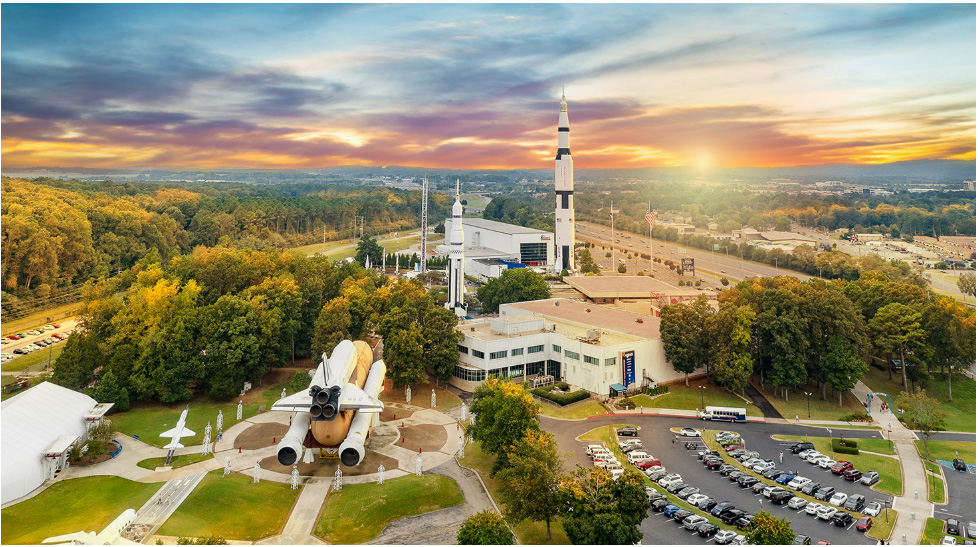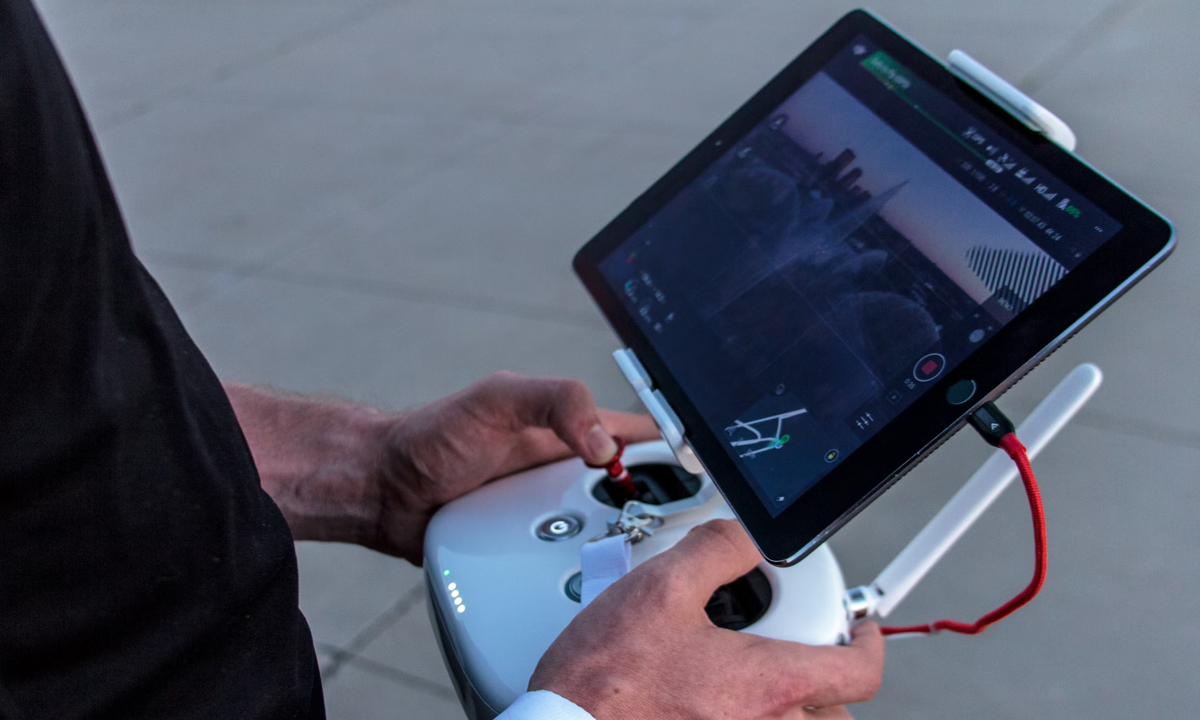
How to Get Your Drone License in Texas
In Texas, obtaining a drone license is essential for legal and safe drone operation, whether for commercial, recreational, or governmental use. This guide provides an overview of the licensing process, highlighting the importance of compliance with the Federal Aviation Administration (FAA) and Texas-specific regulations.
Eligibility and Types of Drone Licenses
You must meet specific eligibility criteria and obtain the appropriate license to operate a drone in Texas legally. The FAA’s Part 107 Remote Pilot Certificate is required for commercial drone operations. Applicants must be at least 16 years old, proficient in English, and a physical and mental condition suitable for safe drone operation.
The TRUST (The Recreational UAS Safety Test) Certificate is necessary for recreational flyers. Government entities may require a Certificate of Waiver or Authorization (COA). Each license type ensures adherence to safety standards and legal regulations, catering to different operational intents.
Steps to Acquire a Commercial Drone License (Part 107)
Acquiring a Part 107 commercial drone license involves several key steps. First, register for an FAA Tracking Number (FTN) by creating an Integrated Airman Certification and Rating Application (IACRA) profile. This number is crucial for all subsequent steps.
Next, prepare for and pass the initial aeronautical knowledge test at an FAA-approved Knowledge Testing Center. This test covers airspace classification, weather effects, emergency procedures, and drone loading and performance. After passing the test, complete the FAA Form 8710-13 for the Remote Pilot Certificate through the IACRA system.
Once the TSA security background check is cleared, you’ll receive a temporary certificate via email. The permanent certificate follows after FAA processing. This certification is a testament to your understanding of drone regulations and safe operation practices.
Recreational Drone Licensing: TRUST Certificate
Recreational drone pilots in Texas are required to obtain the TRUST Certificate. This involves completing an online educational course that covers safety guidelines and regulations for hobbyist drone flying. After finishing the course, pilots receive a certificate, ensuring they are informed about safe flying practices and adhere to recreational drone operation standards.
Understanding Drone Laws in Texas
Drone pilots in Texas must adhere to both federal and state laws. Federally, the FAA governs airspace and sets standards for drone operation, including altitude limits, no-fly zones, and airspace classifications. In Texas, additional state laws apply, such as restrictions on flying over correctional facilities, critical infrastructure, and certain wildlife areas. Pilots must also respect privacy laws and avoid interference with emergency response operations. Understanding and complying with these laws ensures safe and responsible drone use. Pilots must stay updated, as drone regulations can evolve with advancing technology and changing legal landscapes.
Final Thoughts on Getting a Drone License in Texas
Adhering to drone licensing requirements and regulations is vital for safe and legal drone operations in Texas. Drone operators should consult the FAA website and Texas state government resources for comprehensive and up-to-date information. These platforms provide detailed guidelines, legal updates, and additional support for aspiring and experienced drone pilots.
If you’re looking for information on getting a drone license in other states, we have a helpful guide on obtaining it in Tennessee. If you’re an educator looking to help their students obtain a drone license, you’ll want to visit our drone curriculums page.

Nationals 2026
is around the corner.

Aerial Perspectives Podcast

Discover the exciting world of drones with Aerial Perspectives! Each episode takes you behind the scenes with drone pilots from diverse industries–cinematography, construction, inspection, agriculture, and more.





